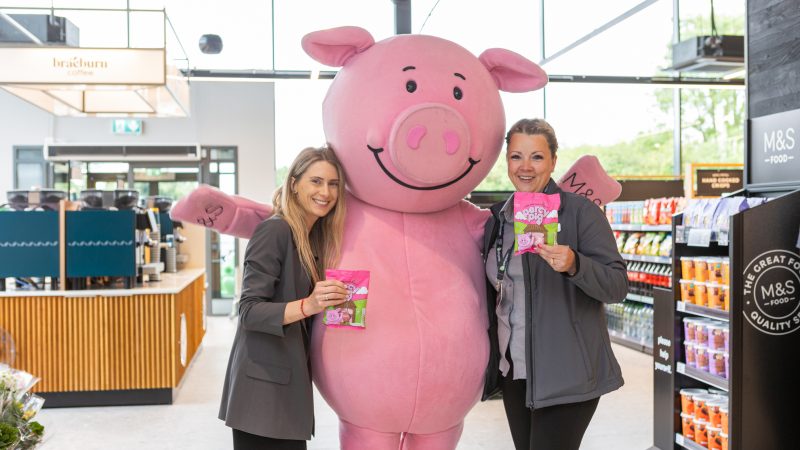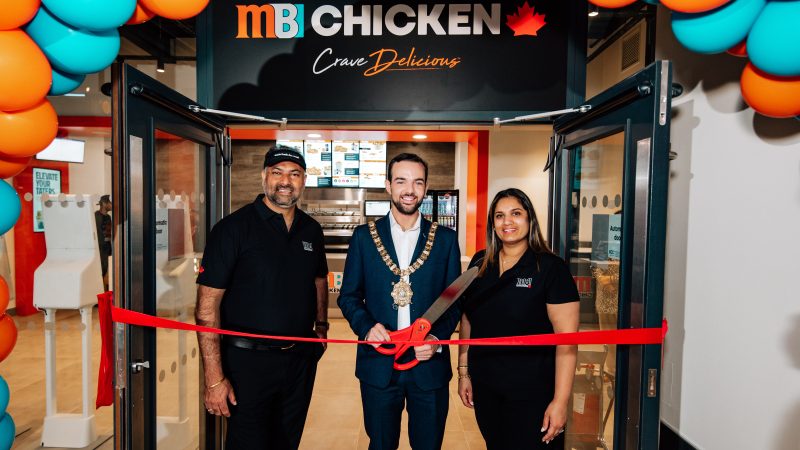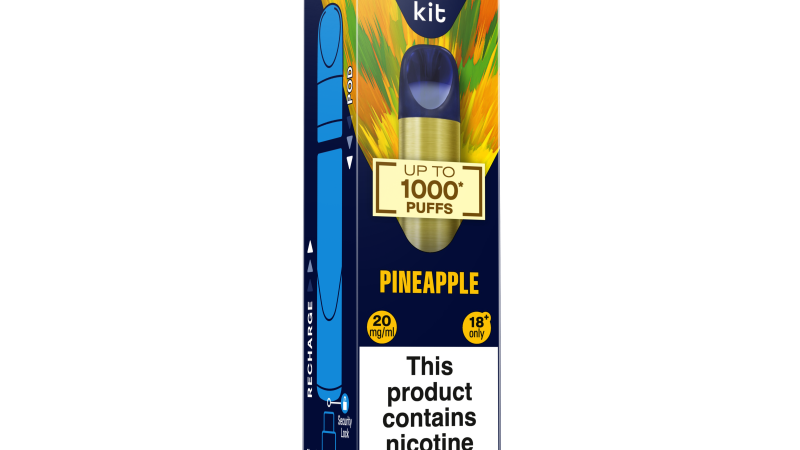Re-turn gains 95% support from Irish consumers

It’s happened – the Deposit Return Scheme began on 1st February 2024 and there’s no going back, as the population overwhelmingly welcomes its introduction.
Re-turn, Ireland’s Deposit Return Scheme went live and now when consumers purchase a drink in a plastic bottle or aluminium can that features the Re-turn logo, they will pay a fully refundable deposit in addition to the price of the drink.
A deposit of 15 cents will apply to drinks containers from 150ml to 500mls and a deposit of 25 cents for containers over 500ml to three litres.
Amárach research has revealed that 82% of consumers support the introduction of the deposit return scheme and 95% of consumers plan to engage with the circular economy initiative.
Additionally, 94% of those surveyed consider the impact their recycling behaviour will have on future generations at some level and 82% state that the deposit placed on drink containers will incentivise them to return empty drinks containers to participating retailers nationwide.
Over three-quarters of consumers (76%) believe as individuals they can make a difference to the environment by recycling drinks containers, and they mainly believe they can do this by recycling and reusing more.
Circular economy
The Deposit Return Scheme is a practical circular economy initiative that aims to create a closed-loop recycling system guaranteeing the material is returned and recycled. The EU has set Ireland a target to separate and collect 77% of plastic beverage bottles by 2025. This target will rise to 90% in 2029. We currently recycle approximately 60% of drinks containers and a Deposit Return scheme is a proven method of increasing recycling rates, with great success in several other European countries.
Recycling and buying habits
Almost two-thirds of the population (65%) are concerned that too many drinks containers are used in Ireland, and nearly three in four adults and 73% of those surveyed believe that placing a monetary value on drinks containers will incentivise consumers to move away from a throwaway culture to one that returns valuable materials.
When asked for their main reason for why the introduction of the DRS is a good idea, almost half of consumers (48%) believe the Deposit Return Scheme will encourage or incentivise recycling while a third (33%) believe it will reduce waste or litter.
Thirty-eight percent of the population believe that the introduction of a deposit on drinks containers will impact their purchasing of plastic bottles and aluminium cans going forward.
Consumer engagment
More than nine in 10 (91%) consumers typically buy groceries in supermarkets, with 81% travelling by car to do their shopping.
When asked how they plan to return the empty undamaged drinks containers, 41% of consumers state they plan to return drinks containers to retailers via bulk return at intervals (41%). While 39% state they plan to return them whenever they do their shopping, 11% will return drinks containers at random.
Nearly three-quarters (70%) of consumers state that they would prefer to return drinks containers to retailers via a Reverse Vending Machine. When asked how consumers will typically use their redeemed deposits, just under half (49%) of the population state that they will use it against store purchases. Lastly, 40% said their preference will be for a full cash refund.
Ciaran Foley, chief executive officer, Re-turn, said: “The positive feedback on the introduction of deposit return has been really encouraging. We appreciate that this is a big behavioural change and are delighted to see that we have such support. It is also very interesting to note how many of those surveyed are concerned about the impact of their recycling behaviour on future generations. We have no doubt that Ireland will embrace this change and support our efforts to achieve EU recycling targets and reduce litter and waste.”








